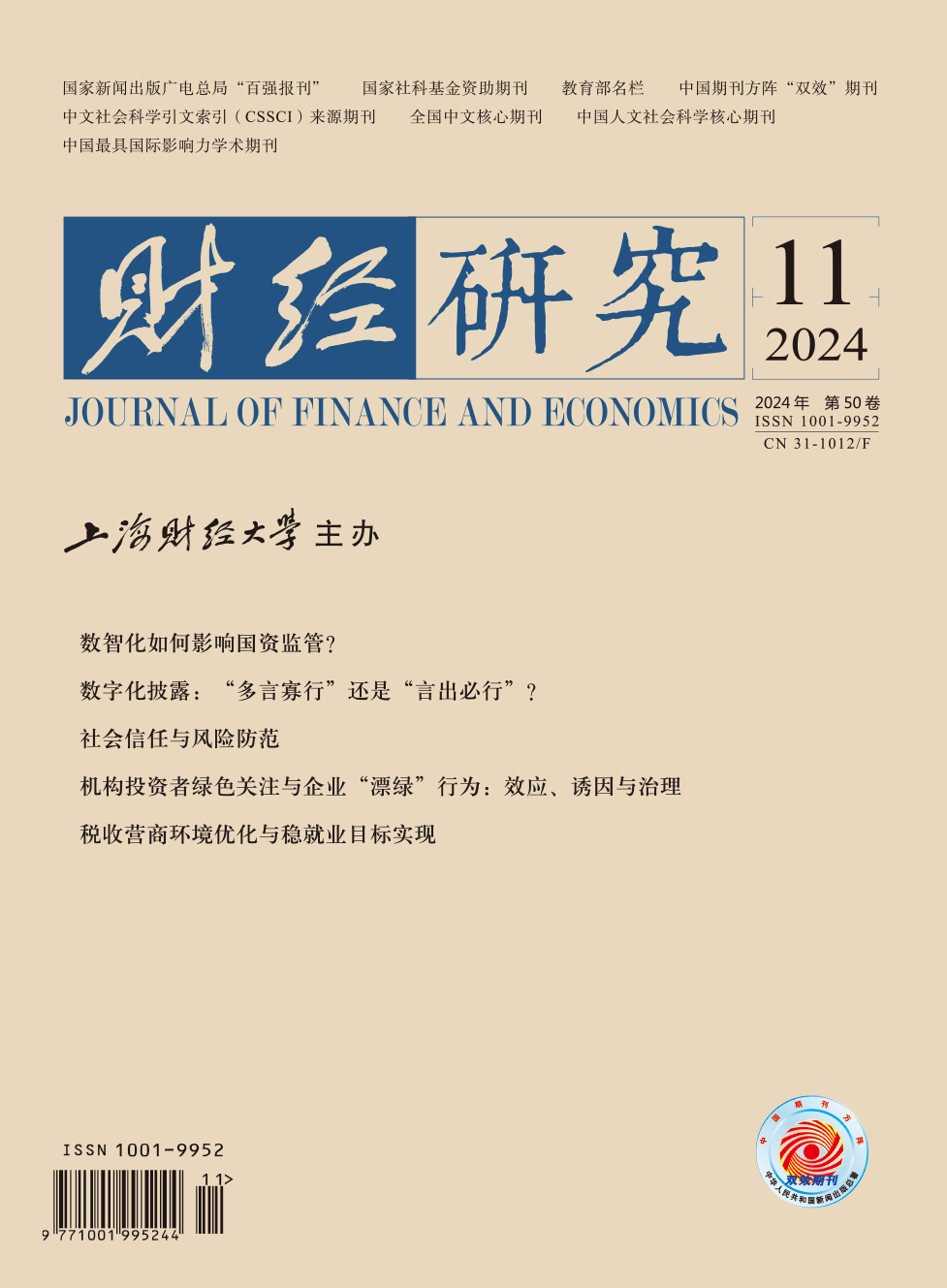Since the formation and agglomeration of corporate risk is an important source of macro risk, it is of great significance to explore the mitigation mechanism of corporate default risk for preventing and resolving macroeconomic and financial risks. To this end, under the framework of informal institutional governance, this paper studies the impact of social trust on corporate default risk and its economic mechanism. The results show that corporate default risk measured by the expected probability of default is negatively correlated with the level of social trust in the city where an enterprise is located. Further investigation reveals that the reduction in information costs, agency costs, and debt financing costs during the process of corporate debt financing is an important mechanism for social trust to restrain corporate default risk. In addition, the inhibitory effect is more pronounced for state-owned enterprises, in regions with a lower degree of marketization, and during the periods of economic contraction.
This paper has the following contributions: First, it adds relevant literature on the driving factors and mitigation mechanisms of corporate default risk from the perspective of informal rules including social trust. Second, it enriches the economic consequences of social trust by examining the “risk-reducing” function from the perspective of corporate default risk. Third, it provides theoretical support and empirical evidence for the government to build a social credit system and create a favorable business environment.
The findings have important practical implications: For enterprises, they should abide by the spirit of contract, cultivate faithful culture, and strive to be trustworthy subjects in the process of economic development. At the same time, they have to recognize the impact of social trust on financing decisions and risks, and make full use of its positive role to enhance corporate value. For regulators, they should formulate the implementation rules for the construction of social credit system and utilize modern information technology to increase the construction of system infrastructure. Meanwhile, it is necessary to establish a disciplinary mechanism for breach of trust at the level of system construction and implementation efficiency, increase the punishment, and raise the costs of moral hazard.





 1404
1404  1118
1118

